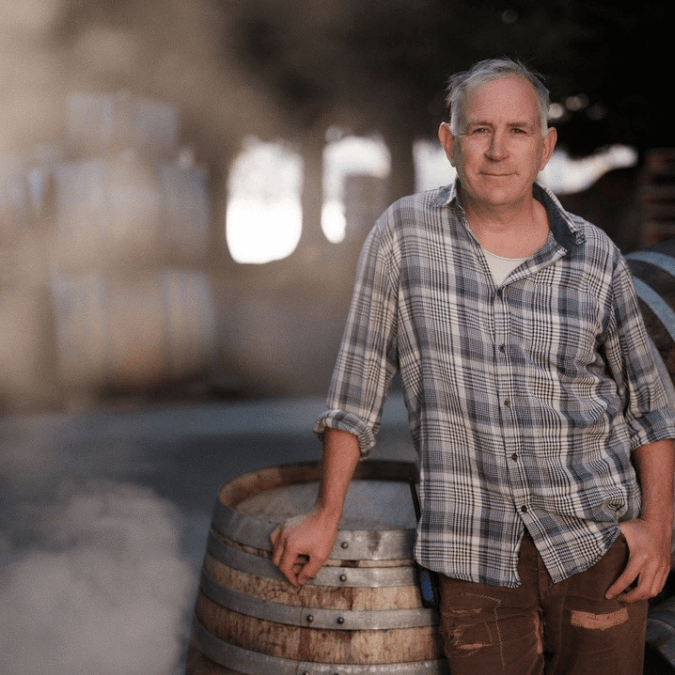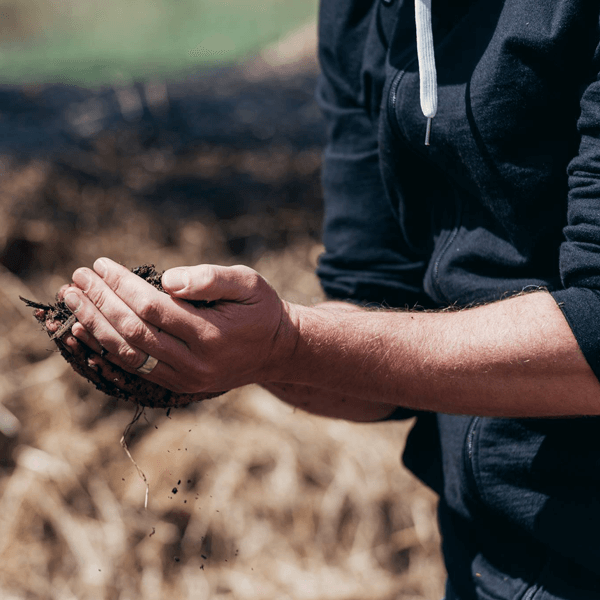
2022 RIPPON Sauvignon Blanc
South Island New Zealand
13.00%
White
Sauvignon Blanc.
Certified Organic, Bio-dynamic
From Lake Wanaka. Foot-trodden, with some post-fermentation autolysis. Biodynamically farmed.
Elegant nose – no pungency here. A border of minerality surrounds detailed, well-defined green mango, pear, quince and...(read more)

2022 RIPPON 'Rippon' Mature Vine Riesling
South Island New Zealand
12.5%
White
Riesling.
Bio-dynamic
Aromas of fresh flowers, biscuits, nutmeg, cooked apples and pie crust. Medium-bodied with a solid core of melon fruit, spices and flint on the palate. Off-dry, with 12 grams of residual sugar. Drink now.
James Suckling, www.jamessuckling.com
2020 RIPPON 'Rippon' Mature Vine Pinot Noir
South Island New Zealand
13.5%
Red
Pinot Noir.
Bio-dynamic
Extremely perfumed with a pretty ripeness and clarity, offering plums and al-dente strawberries. Some cantaloupe, too. It's medium- to full-bodied with juicy fruit that's lovely and open. You want to drink it now. And do...(read more)
James Suckling, www.jamessuckling.com
2019 RIPPON Tinker's Field Pinot Noir Mature Vine
South Island New Zealand
13.5%
Red
Pinot Noir.
Bio-dynamic
The compressed tannin texture is very tight and muscular. Aromas of subtle plums, dried strawberry with tea and nettles. Full-bodied yet reserved and very fine with ink well, graphite and granite undertones. Cool and sop...(read more)
James Suckling, www.jamessuckling.com


